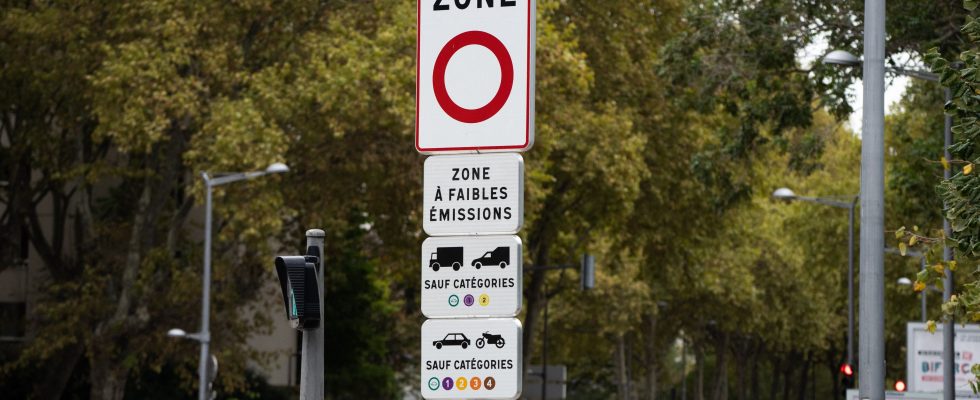Beware of the anti-ecological slingshot! Our audiovisual media are full of green Savonarola, some are respectable engineers, others are activists who will disappear at the slightest gust of wind. They have in common to promise us a thousand punishments to make us expiate our guilty behaviors. What the media do not see is that the hostility of a section of the population who does not live in inner Paris and who are beginning to understand that the proliferation of these restrictive measures makes life impossible for him. Each of these provisions finds a justification, but it is their number and their concrete short-term impact that risks revolting some of our fellow citizens. Hazard !
The first area in which these constraints are multiplying is that of transport, and the car in particular. By 2025, that is to say tomorrow, agglomerations of more than 150,000 inhabitants – there are about forty in France – will become Low Emission Zones in which polluting vehicles will no longer be able to drive. Crit’Air 3, 4 and 5 will be prohibited there. Some cities like Lyon even plan to ban Crit’Air 2 from 2026. In Paris, the municipality plans to restrict traffic on one of the lanes of the ring road after the 2024 Olympics to reserve it for shared vehicles. This measure is both selfish and antisocial. It is selfish because it is done without consultation with the suburban towns, which is intellectual nonsense. It is antisocial because many people who use the ring road are commuters, employees, who do not live next to an RER station and cannot afford housing in Paris. Keeping the heads of those who work for low wages under water does not correspond to the idea that one can have of a just leftist policy. From 2035, sales of combustion engine vehicles will be banned in the European Union. Only synthetic fuel cars may be able to escape this prohibition.
Requiem for the gas boiler
Second area in which the constraints are announced without warning, with a tight schedule: that of housing. Little has been said about the latest idea, which nevertheless concerns millions of our fellow citizens and which aims to ban the installation of new gas boilers in old buildings from 2026. Gas is used in 1 out of 3 houses, 1 building in two, and the installation of a heat pump represents an additional cost of several thousand euros. Concretely, anyone who sees their gas boiler fail from 2026 will have to turn to another solution. If this person, who earns 2,000 euros net per month, has to buy an electric car the same year to go to work, there is little chance that he will vote for the current presidential majority in 2027!
The ZAN sows discord
Since January 1, 2023, the regulations also prohibit the rental of accommodation whose energy performance diagnosis classifies them as G +. From 2025, it will be the turn of housing classified G, then in 2028 F, and in 2034 E. Owners must therefore renovate their homes or remove them from the rental market. Finally, let us recall the existence in the law of the principle of “zero net artificialisation” (ZAN) which stipulates that, if a mayor authorizes the construction of 100 square meters of housing on the ground, he must find in his municipality 100 square meters to be returned to nature, which is not always obvious. A mayor of Vienne pointed out to me a few days ago how hopeless this ZAN was. Three more dwellings, he told me, means the possibility of saving the shops in the village square and the school. The law now complicates it.
Eco-anxiety exists in some young people, who worry about the potentially uncontrollable impact of global warming during their adult lives. But alongside this highly commented feeling among city dwellers from the CSP + categories, it would be good not to overlook the eco-anxiety of workers who are increasingly wondering how they will be able to cope with an avalanche of obligations. costly and stressful, in daily lives already plagued by inflation, low wages and the inevitable hardships of existence.
